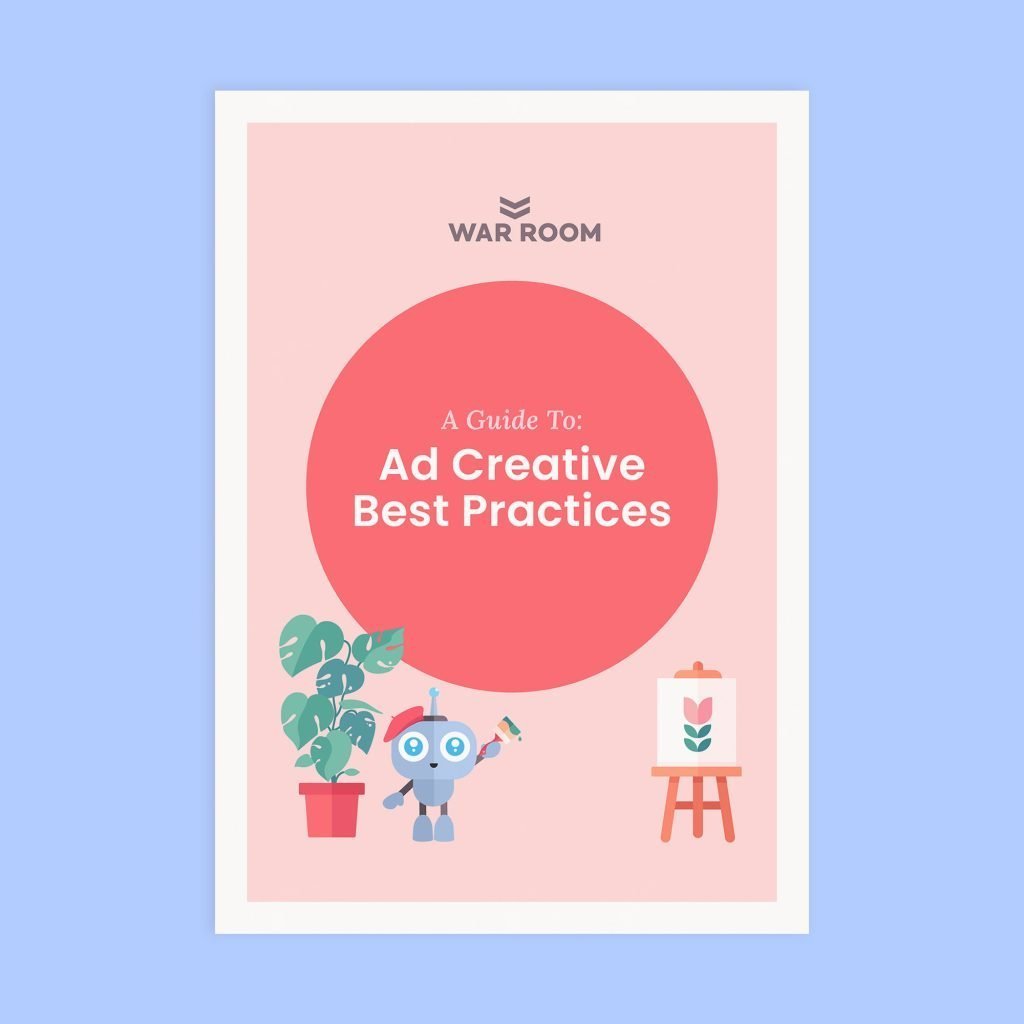As a real estate agent, you know how seasonal property sales are and how you need to hustle to keep the leads coming in consistently. Sure, you could pay a third party to use software to find leads online. Still, even if they’re reputable and guaranteed, being hands on is usually more effective.
But which ways are most effective to generate leads?
Truth be told, no single strategy is guaranteed. Therefore, your marketing campaign should be multifaceted to have more reach.
So, let’s jump right in and discover five effective ways to generate leads through your real estate marketing campaigns.
1. Create Compelling Content
Let’s start with how to create compelling content, a cornerstone of lead generation in many industries, including real estate. When you consistently produce valuable and relevant content, you place yourself as an expert in your field, attracting more potential buyers and sellers. Additionally, utilizing market insights for due diligence can further enhance your content strategy by ensuring your information is accurate and up-to-date.
Check out effective ways to create persuasive content to supplement your online marketing strategy next:
Consistent Blogging
You may have noticed that many of your favorite brands have a blog on their website, hosted on dedicated window servers to ensure reliability and speed, enhancing user experience. Same goes to Commercial real estate companies! Blogs form part of a marketing strategy as they “give” something to customers instead of asking them to part with their money. It usually targets the Top of the Funnel in a customer journey, offering educational content. Additionally, it drives more traffic to the company’s website through searchable keywords and valuable content.
You’re able to showcase your industry knowledge and expertise as well as personality through your blog articles.
You could create blog content like:
- Informative articles about buying, selling, renting, investing, and maintaining real estate properties
- Insights on local marketing trends
- Opinions on some local issues related to housing etc
- Humorous or factual real-estate stories
Use keyword research to target the topics your potential clients are searching for to make your content search-friendly and boost your site’s rankings.
Visual Content
As the phrase goes, “A picture paints a thousand words.” This is because visual content is highly engaging and more readily captures the attention of potential buyers or sellers. So, utilize images, videos, video walkthroughs, and virtual tours to showcase your properties. There are plenty of resources out there to help you with the visuals of your real estate presentations for you to use. High-quality visuals look more professional and give potential clients a better sense of the property’s features, which can pique their interest.
eBooks and Guides
People love free stuff, so consider offering free downloadable resources on your website.
Examples of free resources include eBooks, guides, and checklists, e.g., “8 Tips for First-Time Buyers” or “A Step-by-Step Guide to Navigating the Selling Process.”
Then, to access these freebies, visitors should provide their contact information.
2. Optimize Your Website
Since your website is your virtual storefront, you want it to look great and work effectively. Website optimization enhances user experience (UX) and can significantly impact lead generation. Additionally, you can monitor visitors’ activity and use your website traffic metrics to improve your services.
Here are some tips to consider:
Search Engine Optimization (SEO)
A strong SEO strategy helps drive organic traffic and quality leads to your site, so it’s recommended to optimize your content and website for search engines. This helps to increase your visibility when potential clients search for relevant real estate keywords.
Additionally, optimize local SEO by creating and optimizing your Google My Business profile and ensuring consistent NAP details (i.e., Name, Address, and Phone Number) across the web.
User-Friendly Design
It’s critical to ensure your website offers a pleasant UX to retain visitors’ attention, whether viewing it on a computer or mobile phone. Remember, Google also considers mobile-friendliness in its search rankings.
Factors to consider when you create a user-friendly website include the following:
- Ease of navigation
- Responsiveness on all devices, including smartphones (mobile optimization)
- Quick loading times
Call-to-Action (CTA)
A Call-to-Action (CTA) encourages potential clients to do something specific—to take a certain action.
You can strategically place CTAs throughout your website by using links and tabs. Examples of real estate CTAs include the following:
- Sign up for Property Alerts
- Schedule a Viewing
- Get a Free Property Valuation
Landing Pages
Creating specific and dedicated landing pages for particular campaigns or listings is helpful, as this helps improve UX and collect data for analytics. Each landing page should incorporate a focused message and a clear CTA, which allows for generating leads.
Lead Capture Forms
Another way to get leads is to implement lead capture forms on your website’s landing pages. These work well in conjunction with the free downloadable content you offer. The forms should collect essential contact information and be nurtured and managed using a Customer Relationship Management (CRM) system.
3. Utilize Social Media
It’s no secret that social media platforms are a goldmine for finding potential leads. Here are some ways to utilize social media to reach a vast audience and convert leads with your real estate marketing efforts:
Social Media Marketing
Use platforms like Instagram, Facebook, LinkedIn, and TikTok to showcase your properties, share market insights, and engage with your audience. Additionally, you can share links to your virtual tours and blog on your website to increase traffic.
Regular Posting Schedule
Just like with your website blog, posting consistently on social media is essential. This will help your profile to appear more regularly in your followers’ feeds. Ensure you share a mix of property listings, market insights, and informative content to keep your audience engaged and informed. You can leverage the Zillow API to enhance your posts with accurate and up-to-date property data from property pages.
Live Video Tours
Live video tours are an interactive approach to showing properties. For example, while you host a live virtual tour of a property on Facebook or Instagram Live, it allows potential buyers to get a real-time feel of the property and ask questions.
Paid Advertising
Paid advertising and targeted posts on social media are another effective way to generate leads. You can use Instagram and Facebook ads to target potential clients using their online behavior, interests, and location. Pay-per-click (PPC) advertising and Google Ad campaigns are great for targeting relevant demographics and keywords.
Paid ad campaigns are a great way to drum up anticipation and generate leads for new developments, presales etc. You can then gather the customer data and implement an email drip campaign or subscribe them to a newsletter to keep them in the know!
Social Proof
Another way to encourage lead generation is to display social proof on your social media pages; examples of social proof include client feedback and testimonials. You can ask satisfied clients to leave reviews on platforms like Google, Yelp, and Zillow.
4. Networking and Partnerships
Building relationships within and beyond the real estate industry is advisable to generate leads. Here are some approaches to consider:
Local Partnerships
Consider collaborating with local businesses to expand your reach through cross-advertising. Examples include moving companies, interior designers, and mortgage brokers.
Partnering with mortgage brokers and financial advisors can be beneficial for generating real estate leads. By building a relationship with these professionals, you could receive referrals from clients who are looking to buy properties. Additionally, offering a helpful tool to for example, calculate Florida mortgage payments can make the process easier for potential buyers relocating to the state. This not only positions you as a resourceful agent but also helps build trust with your clients.
Networking Events
Expand your audience by attending industry-related events, conferences, and community gatherings. Networking with potential clients and other professionals could lead to referrals and partnerships.
Keep a virtual business card with you so you can focus on building relationships while the card automatically collects and stores all contact information
Referral Programs
Regarding referrals, consider offering incentives to your existing and previous clients for referring friends and family to your services. Word-of-mouth is a powerful source of consistent lead generation.
5. Email Marketing Campaigns
Email marketing is still one of the more effective ways of generating leads. Use these suggestions to develop a successful email marketing strategy:
Segmented Lists
Segment your email list into divisions based on criteria like location, interests, or the stages in the buying or selling process. This allows you to send targeted and highly relevant content and lowers the chance of spamming.
Automated Drip Campaigns
Consider setting up automated email sequences to provide your clients with valuable information over time. For example, you could create a series of emails to educate potential clients about processes like buying or selling a house.
Personalization
Lastly, ensure you address recipients by their names in emails and tailor the email content to their preferences wherever possible. Personalized emails are far more likely to resonate with recipients.
In Conclusion
An effective lead generation campaign requires a multifaceted approach, especially in the real estate market.
If you have plenty of real estate lead generation ideas, you can combine several different approaches to ensure the best results. As we’ve shown you here, five effective ways to generate leads include providing compelling content, optimizing your website, harnessing social media, networking, and email marketing campaigns. However, consistency and adaptability are key to continuous lead generation, so don’t forget to focus on these important points, too.







